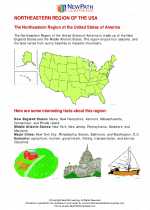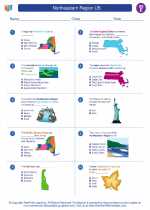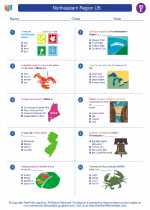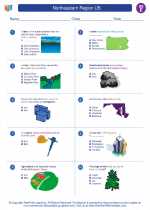Theodore Roosevelt
Early Life
Theodore Roosevelt was born on October 27, 1858, in New York City. He was a sickly child, but he was determined to overcome his health issues through physical exercise and a strenuous lifestyle. His love for nature and the outdoors began during his childhood, and it would greatly influence his later political career.
Political Career
Roosevelt's political career began in 1881 when he was elected to the New York State Assembly. He quickly gained a reputation as a reformer and an advocate for the common people. In 1897, he was appointed as the Assistant Secretary of the Navy and became known for his efforts to modernize the U.S. Navy. In 1898, he resigned from his position to form the Rough Riders, a volunteer cavalry regiment that fought in the Spanish-American War. His leadership during the war earned him widespread fame.
Presidency
Roosevelt became the 26th President of the United States in 1901 after the assassination of President William McKinley. As president, he focused on progressive reforms, including trust-busting, conservation, and consumer protection. He also expanded the powers of the presidency and pursued an active foreign policy, earning him the nickname "Teddy the Trustbuster" and "Teddy the Rough Rider."
Legacy
Roosevelt's presidency left a lasting impact on the United States. His conservation efforts led to the creation of national parks and forests, and his trust-busting policies paved the way for greater government regulation of big business. He is also remembered for his role in negotiating an end to the Russo-Japanese War, for which he was awarded the Nobel Peace Prize in 1906.
Study Guide
- Where was Theodore Roosevelt born?
- What was the name of the volunteer cavalry regiment that Roosevelt formed?
- What were some of the progressive reforms that Roosevelt focused on during his presidency?
- What were some of the lasting impacts of Roosevelt's presidency?
- For what achievement was Roosevelt awarded the Nobel Peace Prize?
◂Social Studies Worksheets and Study Guides Fifth Grade. Northeastern Region US

 Worksheet/Answer key
Worksheet/Answer key
 Worksheet/Answer key
Worksheet/Answer key
 Worksheet/Answer key
Worksheet/Answer key
